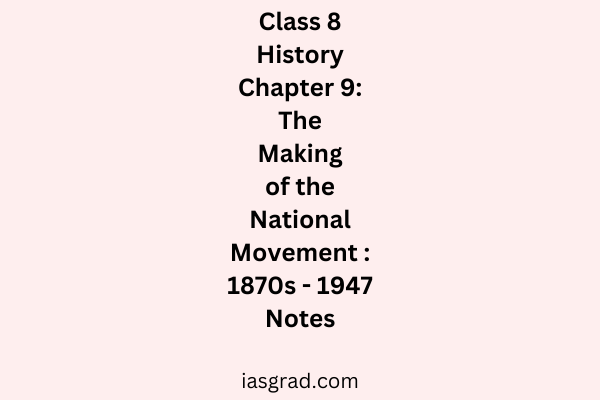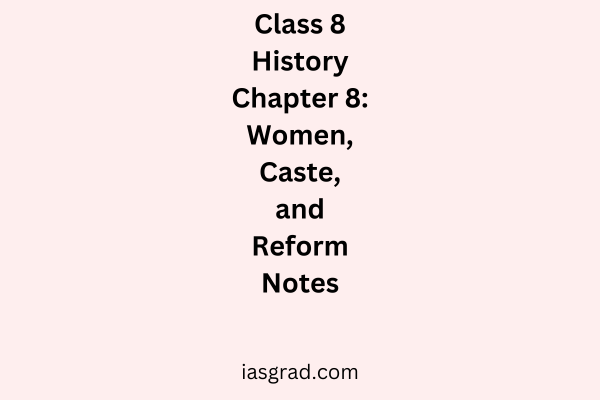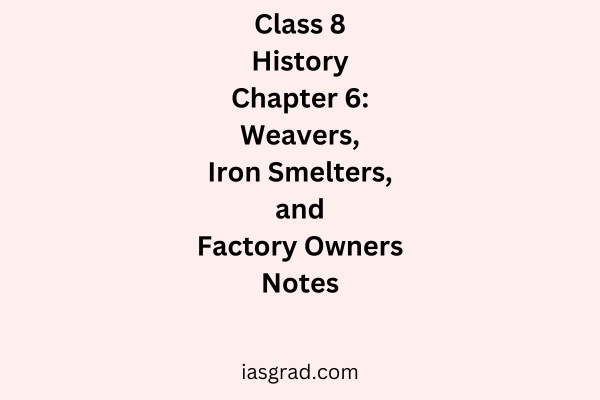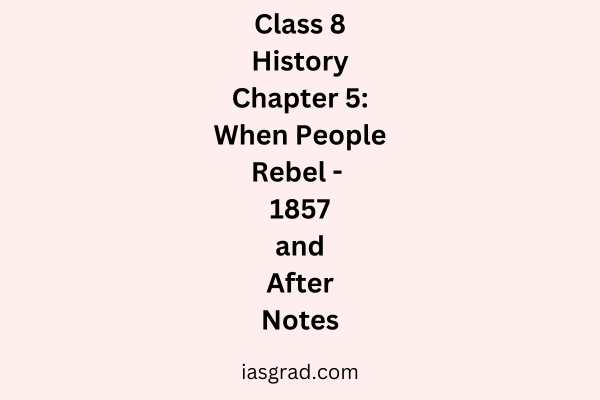Class 8 History Chapter 10: India After Independence Notes
Class 8 History Chapter 10: India After Independence Notes After gaining independence in 1947, India faced challenges of nation-building, economic planning, and social unity. This chapter explores partition, refugee crisis, the formation of states, and the making of the Indian Constitution. It also covers economic policies, social reforms, and India’s foreign policy, shaping the country’s […]
Class 8 History Chapter 10: India After Independence Notes Read More »









